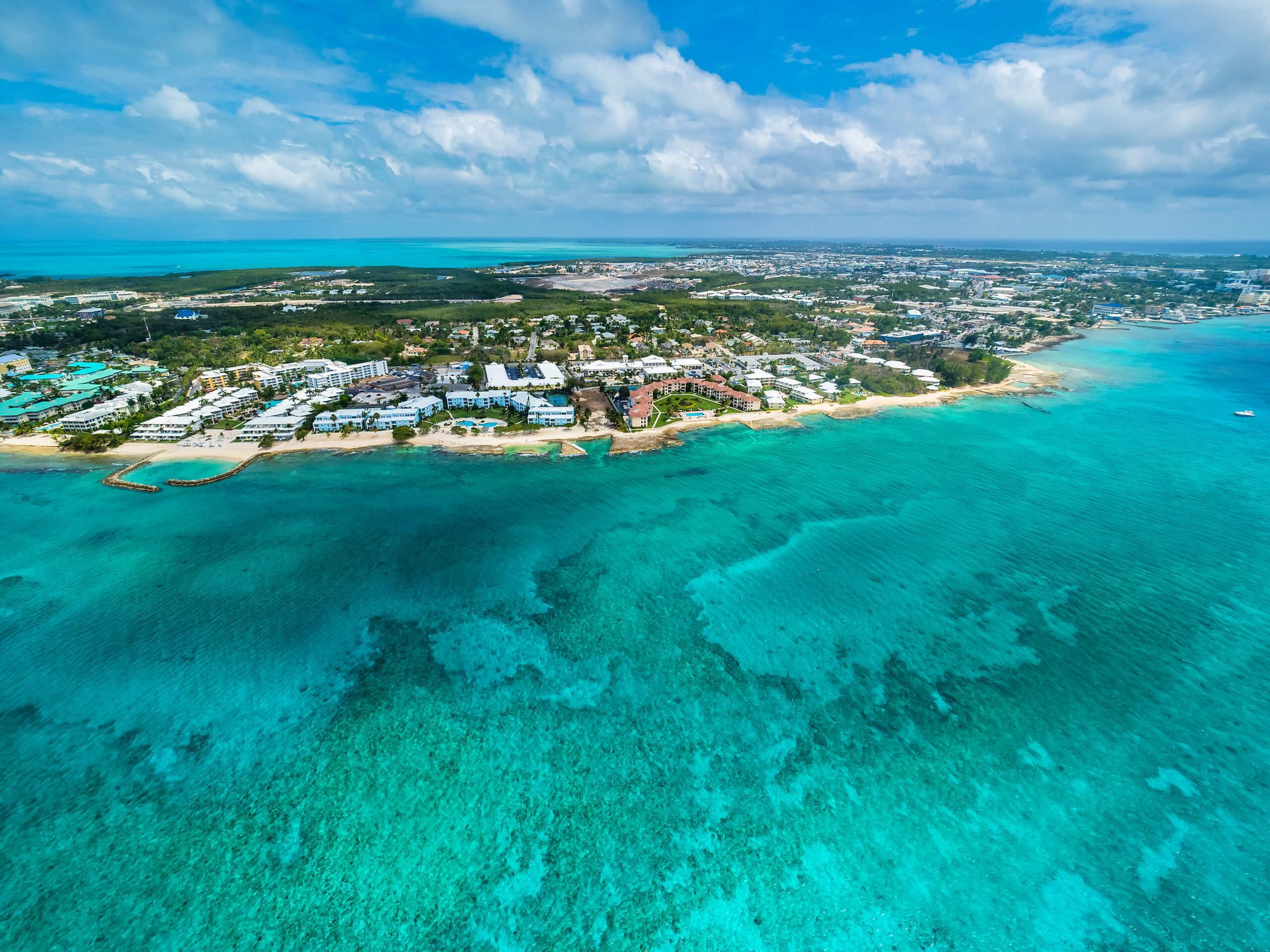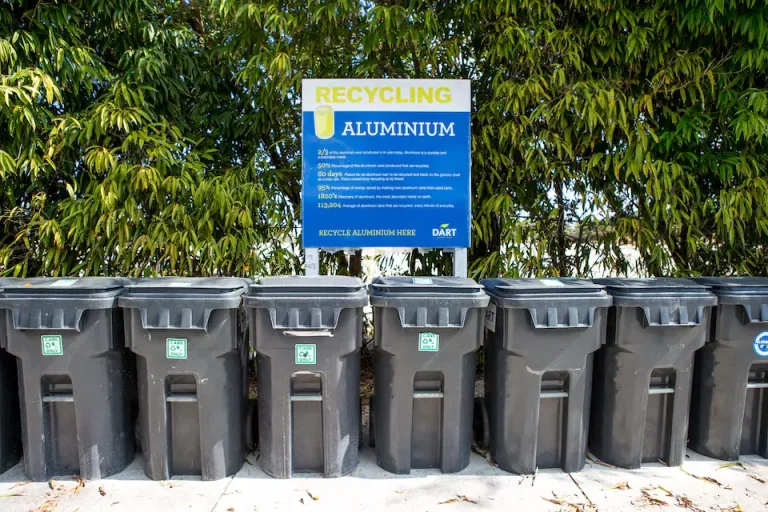
10 Water Safety Tips
Top tips on staying safe in Cayman's waters and on the beach. Swimming restrictions, dehydration, sunburn, jellyfish and more.


1. Never Swim Alone
Always let someone know when you are heading into the water.
2. Know Your Swimming Limitations
Cayman has clear calm waters, however always err on the side of caution. If you get into trouble, stick your hand in the air and shout for help. If you are not so confident in the water then it might be worth investing in a few private swimming lessons with local swim school. For more information and to find a Grand Cayman swim school see this page. Grand Cayman has quite a few very reputable swim schools who offer lessons for both adults and children. They can come to you at your home, condo or hotel and offer both pool and sea swim lessons. Whether you are a novice or experienced swimmer, these lessons are a great way to improve your confidence and technique in the water.
3. Supervise Children
Keep an eye on children at all times. Ensure they wear life jackets, especially in deep water and onboard boats.
4. Recognise When Someone is in Trouble
Drowning is not the violent, splashing, call for help that people expect. When people are struggling to breathe, speech and screaming become secondary. The natural reaction is to extend arms laterally and press down on the water’s surface, as opposed to waving. We recommend familiarising yourself with the common signs of drowning. Call 911 if you spot anyone in trouble.
5. Avoid Using Inflatables in Strong Winds
A gust of wind could sweep you out of your depth in just a couple of seconds.
6. Don’t Drink & Swim
Alcohol slows down your reactions, affects judgment and leads to greater risk taking.
7. Avoid Sunburn
- Seek shade during the hottest part of the day: 11am-2pm.
- Use waterproof sunscreen with a SPF of 30 or more and reapply every one-two hours.
- For maximum protection, ensure the kids wear a UV sun top. They protect the skin all day and provide protection even when wet. Waterman offers a great selection.
- Wear a hat and sunglasses to protect your head and eyes. Check out Funky Monkey and the shops at Camana Bay.
- Drink plenty of water to stay hydrated, especially when exerting yourself.
8. Prevent Dehydration
Make sure you drink plenty of water to avoid cramps, exhaustion and heat stroke.
9. How To Treat Jellyfish Stings
Although a rare occurrence, if you are stung by a jellyfish, rinse the area immediately and remove any tentacles with tweezers. Apply a heat pack to the affected area, or immerse it in hot water to reduce pain and inflammation. Apply an over the counter anti histamine cream that you can get from any pharmacy.
10. Don’t Touch
Snorkellers should never touch coral. Not only is it fragile, but some species can take thousands of years to grow. Fire coral is a painful irritant. Avoid touching lionfish and moray eels, as it will hurt a great deal if you are stung or bitten!
Information on Medical Help
Grand Cayman has three fully equipped hospitals, many doctors clinics, pharmacists and dentists. If you need anything in relation to medical help, please read this article for more information and for people to contact if there is a problem. If you need to ring the emergency services, the number is 911.










